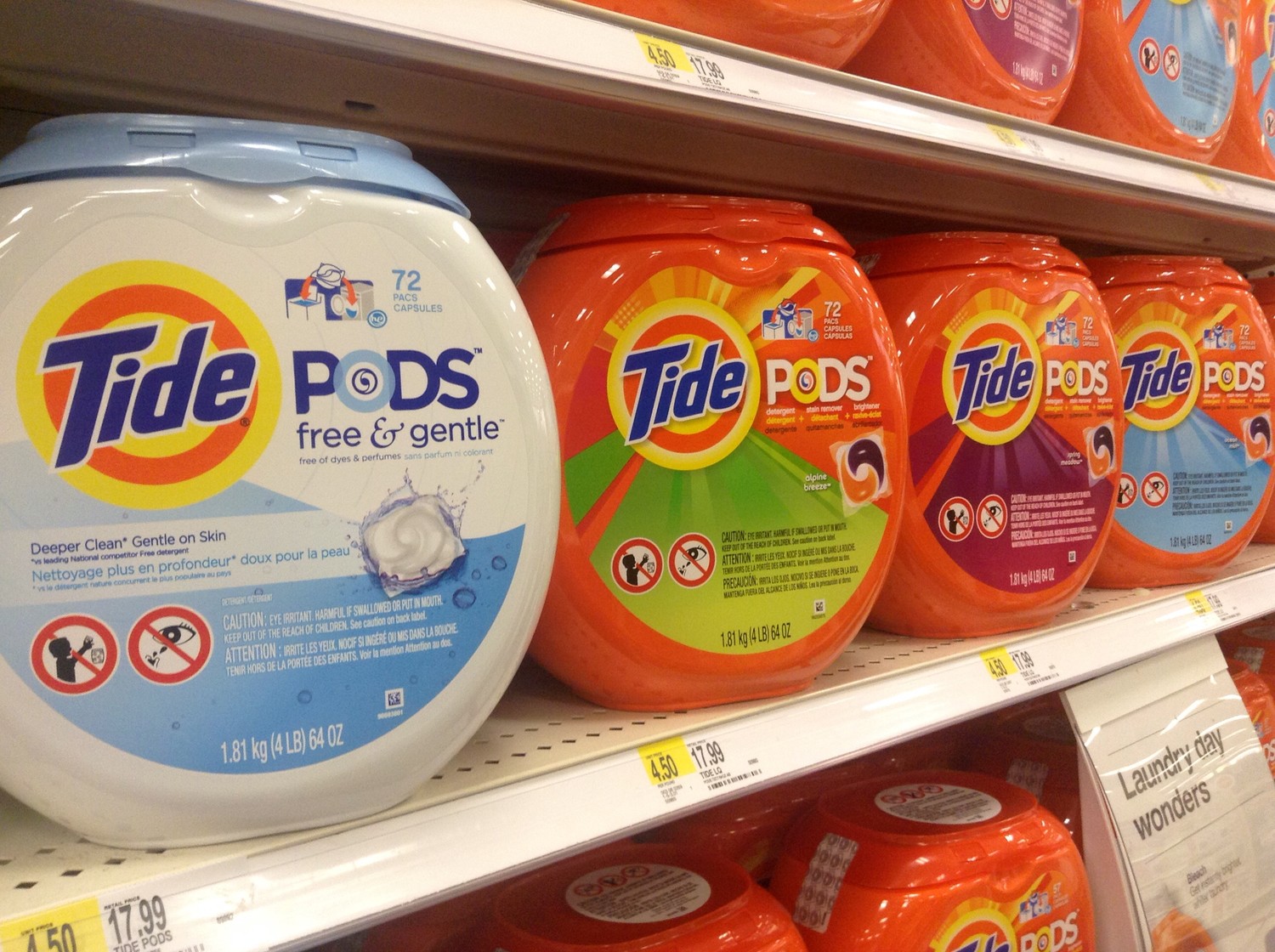South Nassau doctor to teens: Don’t eat Tide Pods
The little packets are brightly colored, squishy and, reportedly, teenagers can’t keep them out of their mouths. They’re not candy, in fact they’re the opposite. They’re Tide Pods and eating them on camera has become latest fad to take the young adult world by storm.
But make no mistake, experts say, the pods are poison, and eating them can cause permanent injury or even death. The warnings, however, have done little to stem the tide of young people sharing footage of themselves ingesting the small, juicy cartridges with their followers.
According to the American Association of Poison Control Centers, 86 cases of teenagers intentionally eating the pods were reported from Jan. 1 to Jan. 21. This was compared to 53 cases in 2017 alone.
The phenomenon appears to have spared the South Shore community, doctors at South Nassau Communities Hospital happily reported, but the warnings, they said, bear repeating.
“I’m glad that we have not had that problem to date,” said Dr. Lincoln Ferguson, vice chairman of pediatrics at the hospital. “And I hope that our teenagers continue to make good sense prevail.”
The dangers associated with ingesting the detergent are manifold, Ferguson said. The concentrated chemicals are caustic and can cause permanent burns in the mouth, throat, stomach and lungs if eaten. Additionally, if any gets in the eyes, he explained, it could cause burns and even blindness.
“Because it’s so caustic it’s not a good idea to induce vomiting,” Ferguson said. “It will burn on the way down and will then burn again on the way up, and if aspirated into the lungs will cause further damage.”
Additionally, the deadliest side effect from eating the pods, he said, is caused by a chemical reaction in the lungs, making it difficult to breath. “You can get the same reaction just from drinking bleach,” he said.
Ferguson advised that should someone eat a pod, that they immediately call 911, drink a glass of milk and call poison control.
“Usually these things are due to peer pressure,” Ferguson said. “Teenagers can be involved in many different fads, this appears to be one of the latest ones but it is a very bad idea.”
He added that he hoped the prevalence of the fad would inspire some educational outreach to prevent the incidences from happening in the first place. After all, he said, “Prevention is always the best cure.”

 45.0°,
Mostly Cloudy
45.0°,
Mostly Cloudy 




